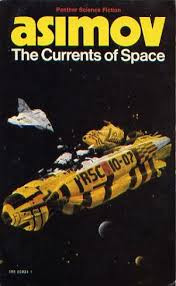The hostilities between the 2 parties is something that has been there for many years (nay, decades). However, there has been cooperation between the parties, there has been compromise. Previous Presidents have worked with Congress controlled by the opposition parties and managed to get new laws and bills passed. However, the 2010 rise of the Tea Party movement and the election of a set of new representatives in both the House of Representatives and in the Senate is pushing a move towards fiscally responsible principles. Overall, the Republican Party has been seen to be more fiscally conservative, with the concept of keeping 'giveaways' in check, and there has been a large section of the population who believe that if they can keep their finances in check, why can't the federal Government, a Government which they believe has gone out of control.
And who is to be blamed for fiscal irresponsibility ? Why, the current President, Barack Obama under whose policies the overall debt of the US has ballooned, where there is no control of the finances of the Government and the Government itself seeks to expand rather than trying to keep control of itself. On the other side, the Democrats and the President believe that the 2008-2009 financial disaster was something that could put the US into a deep recession which would be very painful, and there was a need to try to rise out of this morass, if this required suspending some of the measures of trying to put a hard check on rising finances. So there was Government support for major financial entities whose collapse could hurt sentiment and the economy, and all of this money had to increase the debt.
By the time of the entry of the Tea Party representatives, there was a push to not let this wasteful increase of finances keep on going on, somebody needs to push to prevent any further increase of the debt. As a result, by mid 2011, there was a hard line that was being reached. The US had reached a limit about how much the debt of the US could be, and Congress needed to increase the debt ceiling. And this was just one of the battles that were being fought between the 2 opposing parties. There was almost no compromise between the opposing parties, since there was a clash of ideologies. What hung in the balance was the fiscal condition of the US, and indeed the world, since if the debt ceiling was not raised, there was the danger of a worldwide loss of confidence in the US economy and the Government. The other main battle was about the healthcare law called Obamacare, and it was tagged in almost every bill that was making its way through Congress. The dispute showcased a high amount of rigidity at the highest political level, and reading this makes for horrific reading - how can the people elected to work for the betterment of the US and its citizenry be so unwilling to work with each other to resolve crisis ? Get an insight into the people involved in all these discussions through this book.



